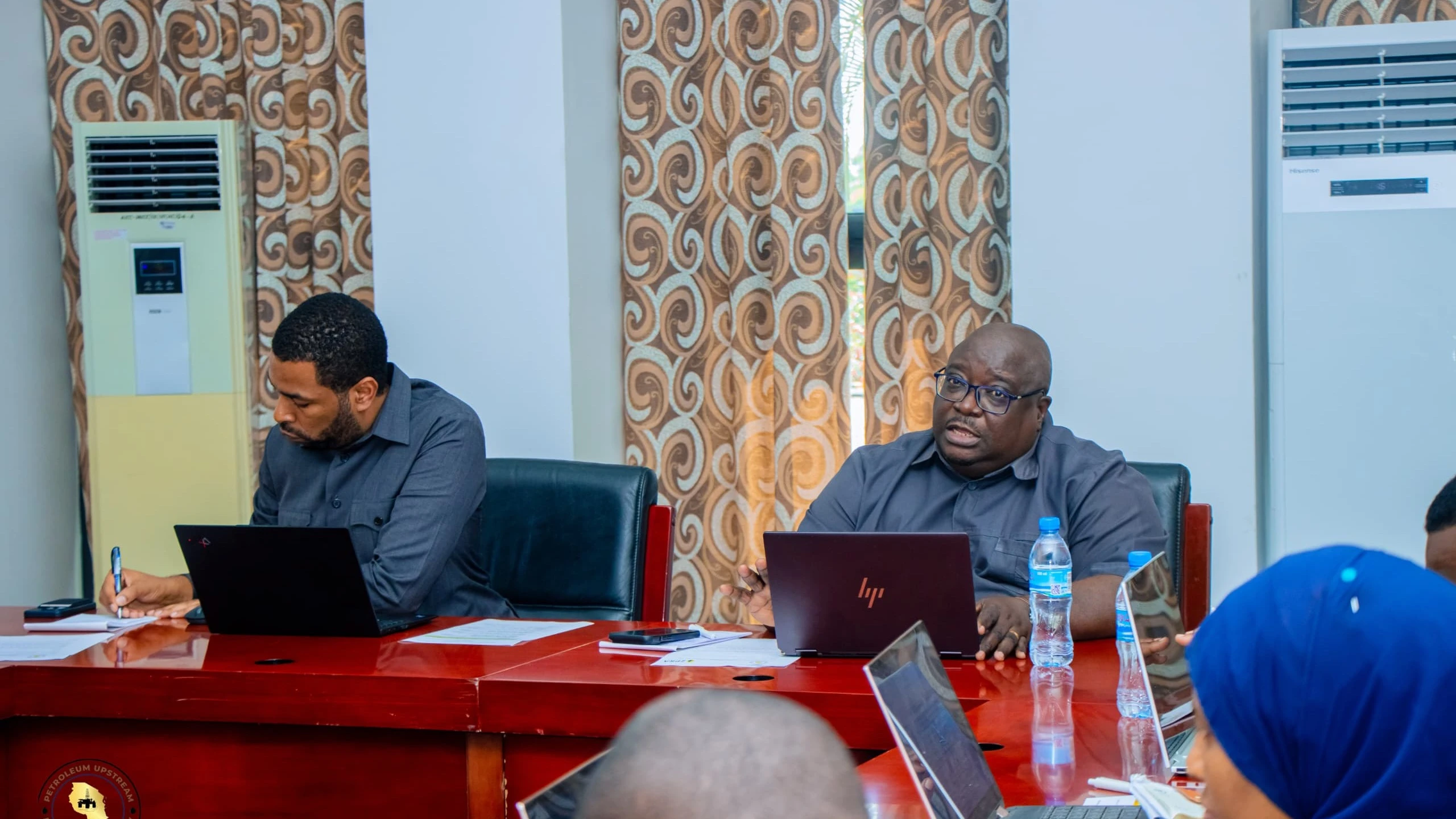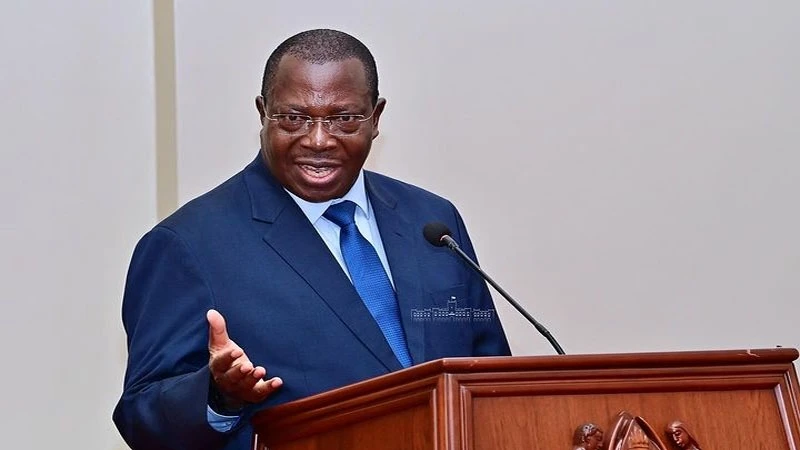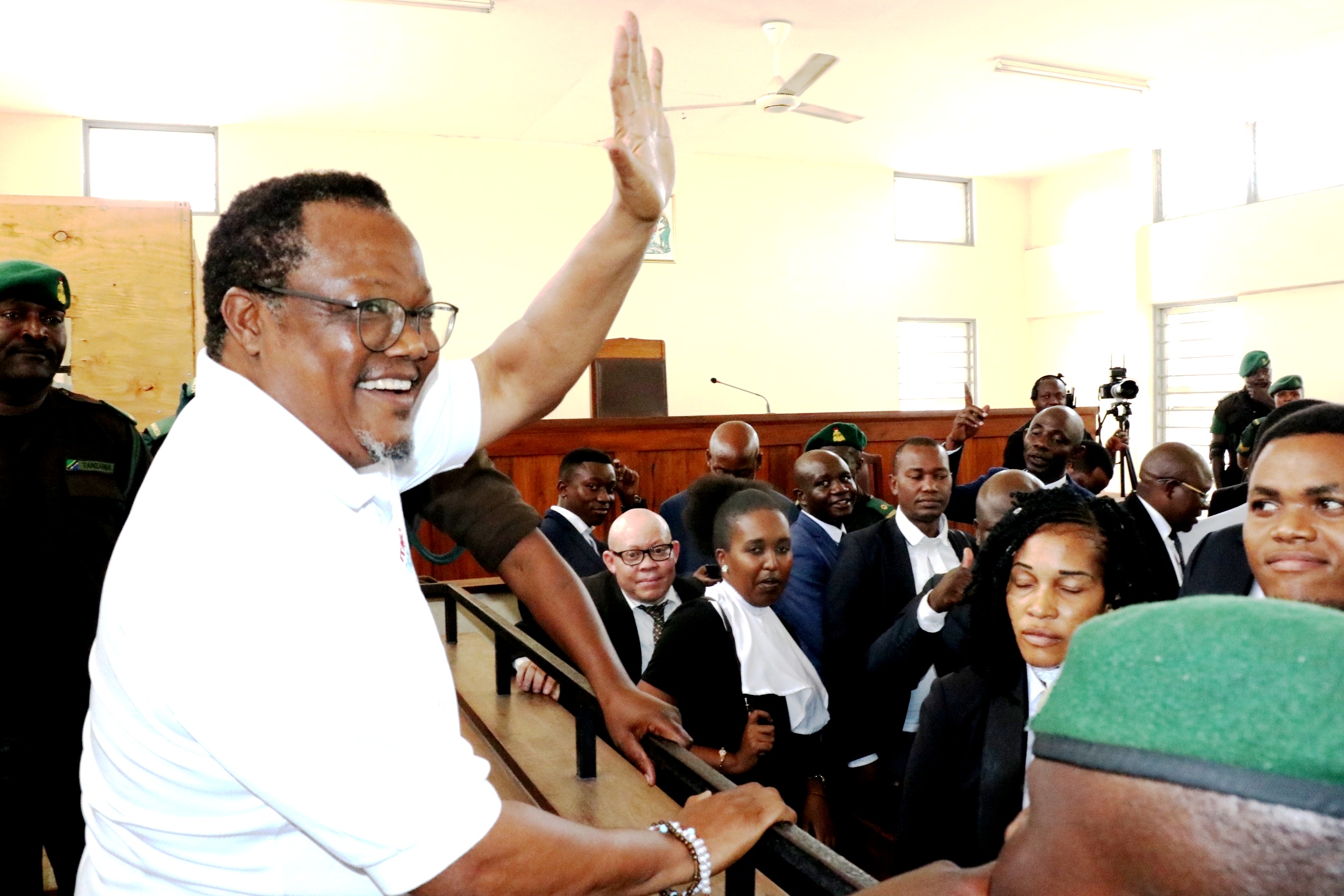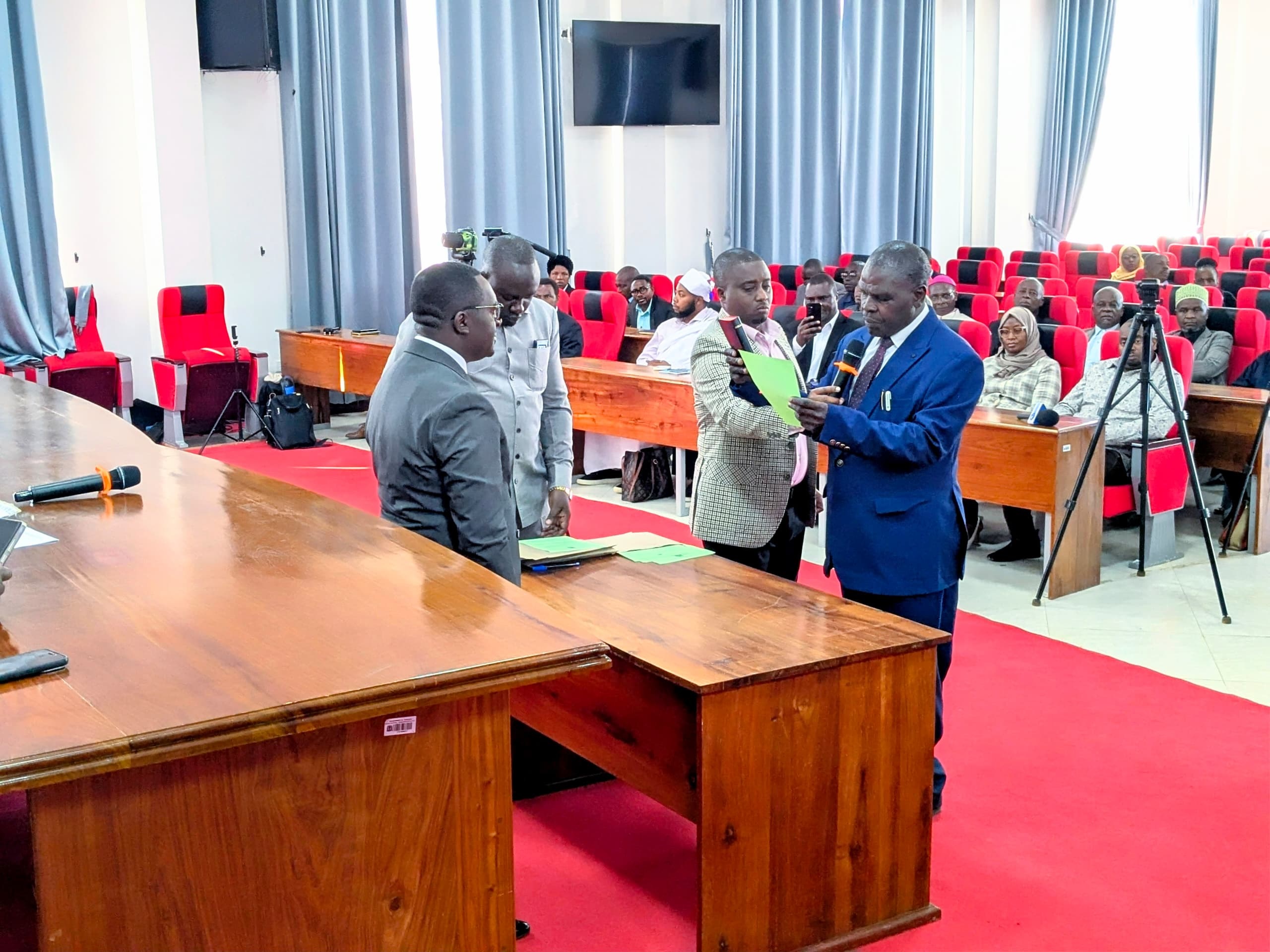Making holidays count: How teachers can balance personal development and community engagement

UNLIKE many other professionals, teachers do not have the flexibility to take leave during the academic year. Their holidays are fixed and often brief, filled with meetings, school reopening preparations, and—for those handling candidate classes—extra sessions to prepare students for examinations.
Since exam results are highly valued by schools, parents, and the wider community, much of a teacher’s holiday can be consumed by academic responsibilities.
However, holidays also offer teachers an important opportunity for self-reflection and community engagement. Like everyone else, teachers need time to evaluate what they have accomplished and chart the way forward.
This includes taking part in social activities such as weddings, funerals, and family events. Teachers should not isolate themselves from the communities that shaped them. They have relatives, neighbours, and friends who may rely on their presence and support in one way or another.
In many communities, teachers are looked up to as leaders and are frequently called upon to guide others—whether by reading scriptures in religious services, leading funeral arrangements, or chairing meetings.
They are respected for their wisdom and understanding, and their involvement gives weight and meaning to many social events. For this reason, their absence is often felt, and their presence is eagerly welcomed. The holiday is the one time when communities expect teachers to be more available, and teachers should be mindful of these expectations.
Teachers’ holidays come with fewer professional responsibilities, giving them time and mental space to participate in social events and community activities. Without daily pressure of teaching, they are more available to contribute meaningfully to social life.
They are expected to offer guidance, lead ceremonies, and take part in important cultural or religious gatherings. Holidays are the only time when communities expect teachers to be fully present and free from school-related excuses.
Engaging in community affairs helps teachers build and maintain relationships with neighbours, relatives, and local leaders. These connections are not only important for social cohesion but also serve as a support system for the teacher both during their career and after retirement.
Social connection also plays a long-term role in a teacher’s life. When teachers retire, they return fully to the community. It is therefore wise to nurture those social ties while still in active service. Employment is temporary, but social life continues—building a meaningful place within that structure is an investment in the future.
Teachers are expected to be active members of their communities, just like everyone else. Whether in joyful or sorrowful events, their participation reinforces social ties and affirms their role as community leaders. People value the presence of someone who can support and guide them, and they often learn from the insights teachers bring.
The holiday break is the ideal time for teachers to reflect on their teaching journey. It allows them to process feedback, identify areas for improvement, and set new goals. Without the pressures of the classroom, teachers can assess their work with greater clarity and plan how to enhance their performance in the upcoming term or year.
Teaching is mentally and emotionally demanding. Holidays offer a vital chance to rest, recharge, and regain composure. Rest is not a luxury—it is necessary for sustained high performance. A well-rested teacher is more creative, focused, and effective in the classroom.
Breaks from school also give teachers the chance to connect with their peers, exchange ideas, and learn from one another. Continuous learning is essential in a fast-changing world, and engaging with fellow educators can inspire innovation and renewed motivation.
Given the many demands on their time, teachers must plan their holidays carefully. It’s impossible to attend every event or fulfill every request, so setting priorities is key. Balancing rest, reflection, and engagement will help teachers make the most of their limited time off. The holiday is a precious resource—teachers should use it with purpose and intention.
Holidays are not just a time to rest—they are an opportunity for teachers to give back, stay connected, and strengthen their role in society. Through thoughtful engagement, they continue to educate and inspire—outside the classroom.
Top Headlines
© 2025 IPPMEDIA.COM. ALL RIGHTS RESERVED

























